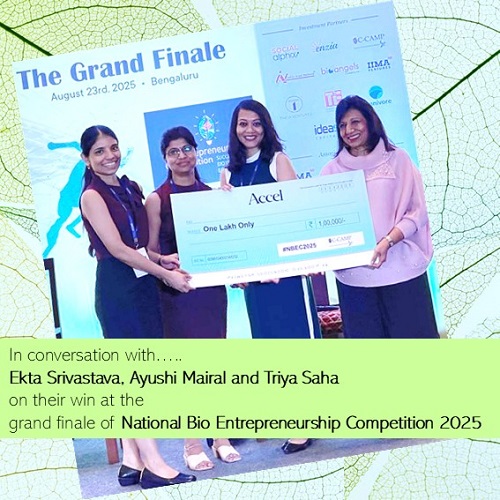
In conversation with Ekta Srivastava, Ayushi Mairal and Triya Saha on their win at the grand finale of National Bio Entrepreneurship Competition 2025
Read More

In conversation with Geetanjali Singh, Winner: Highest Technology Readiness Level N.I.C.E. Rendez-vous Conference, Summer 2025.
Read More

In conversation with Dr. Debdeep Dutta Assistant Professor Department of Biological Sciences and Bioengineering and the Mehta Family Centre for Engineering in Medicine.
Read More
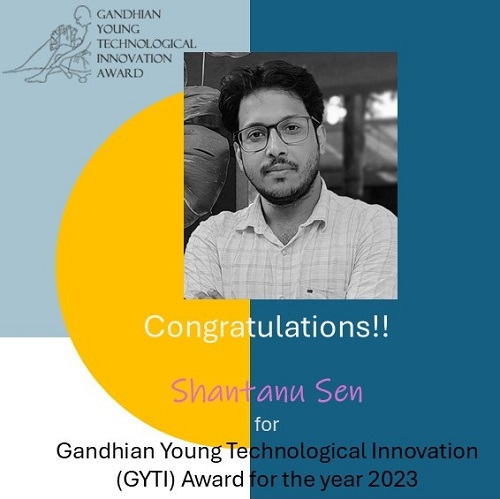
In conversation with Shantanu Sen PhD student of Prof. Sandeep Verma, on his recent study: “Synthesis of a highly thermostable insulin by phenylalanine conjugation at B29 Lysine”.
Read More
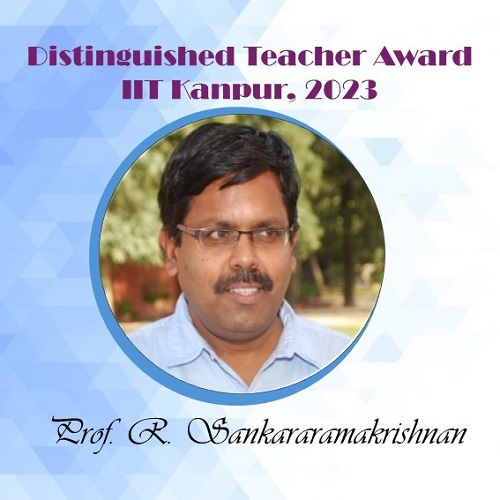
In conversation with Prof. R. Sankararamakrishnan recipient of the “Distinguished Teacher Award” IIT Kanpur, 2023
Read More
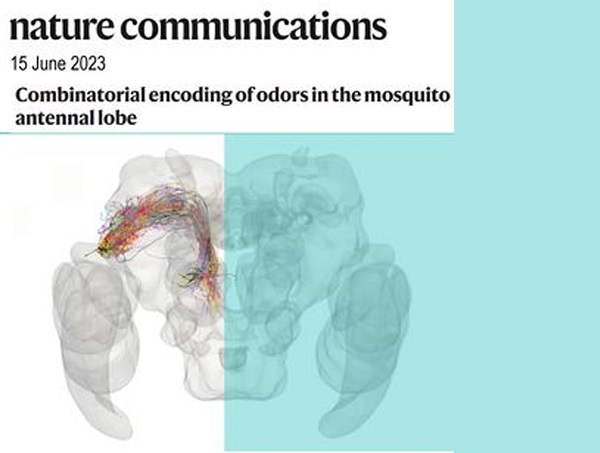
Prof. Nitin Gupta and team in a pioneering study display how individual chemical odorants are perceived and processed by the neuronal circuitries in the mosquito brain. Their results provides a unifying foundation to understand the neural basis of olfaction.
https://pubmed.ncbi.nlm.nih.gov/37322224/
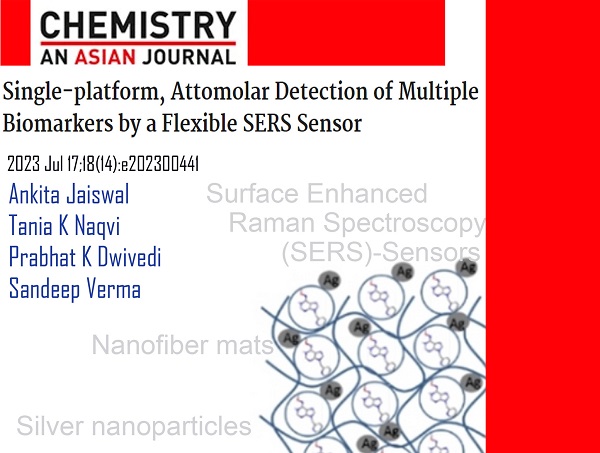
A study by Prof. Sandeep Verma and group demonstrating the fabrication and use of highly sensitive PAN nanofiber and Silver nanoparticle-based SERS sensor for detection of β-Amyloid Peptides for Alzheimer's disease. The study offers potential to develop breakthrough platforms for ultra sensitive and selective detection of multiple biomarkers.
https://pubmed.ncbi.nlm.nih.gov/37243517
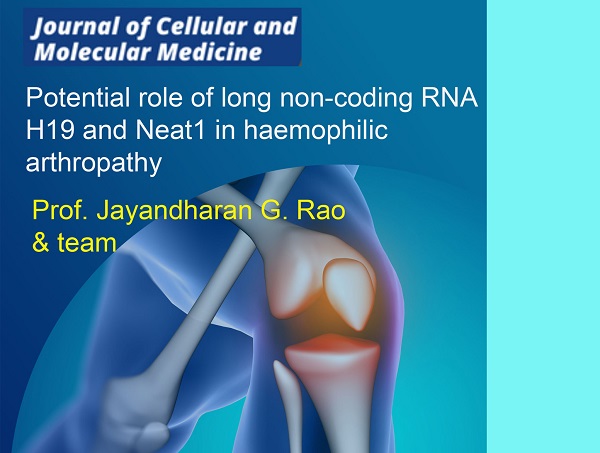
Recurrent joint bleeding in hemophilic patients can lead to a painful condition of hemophilic arthropathy. Prof. Jayandharan Rao & team have identified, using a hemophilia mice model, key molecules that could be responsible for rapid degeneration of joint cartilage. The study opens up possibilities of using these as potential therapeutic targets to check the disease progression.
https://pubmed.ncbi.nlm.nih.gov/37183540/
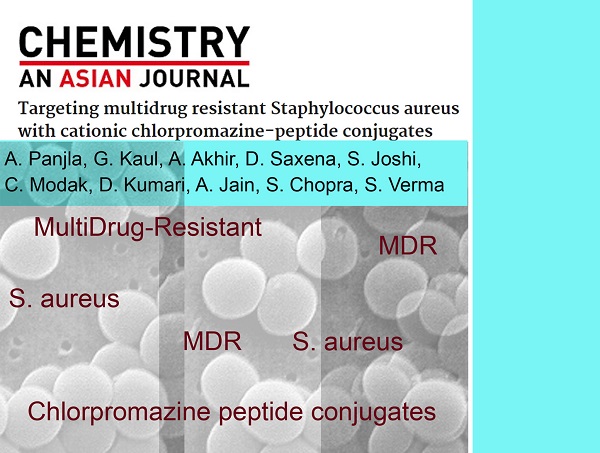
Multi-Drug-Resistance (MDR) poses a serious public health concern; Prof. Sandeep Verma and team in a collaborative effort have come up with a rationally designed cationic peptide conjugate that displays effective antibacterial activity against clinical MDR S. aureus. The study paves way to develop inhibitors for severe staphylococcal infections.
https://pubmed.ncbi.nlm.nih.gov/37071585/
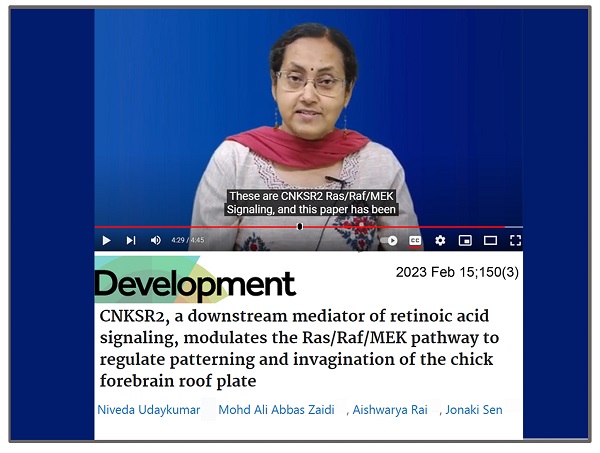
Prof Jonaki Sen talks about her recent study on forebrain development in chick embryo. Prof. Sen discusses how her team identified novel downstream mediator of retinoic acid signaling required for invagination of forebrain roof plate, and how this study could help better understand certain defects leading to cerebral malformation in humans.
https://www.youtube.com/channel/UCjmDrSkNVS_IIZ5k0j6oy-A
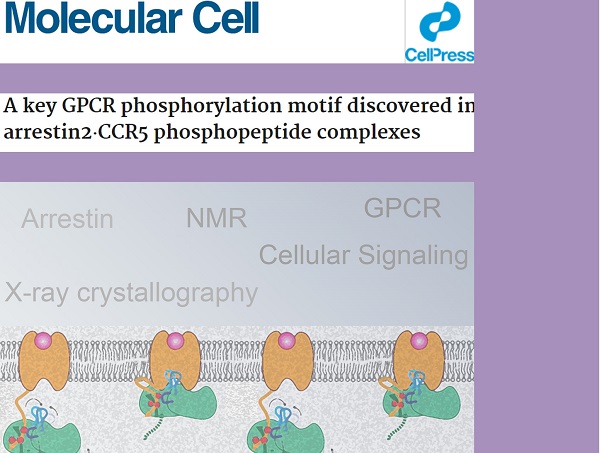
GPCRs represent one of the largest family of cell-surface receptors regulating a plethora of cellular events and biological processes. In a collaborative study, Prof. Arun Shukla & Prof. Stephan Grzesiek, their teams demonstrate how multi-site phosphorylation controls interaction of GPCR or Chemokine Receptor with Arrestin. The study paves for better understanding of the diversity of GPCR signaling and developing potential intervention strategies.
https://pubmed.ncbi.nlm.nih.gov/37244255/
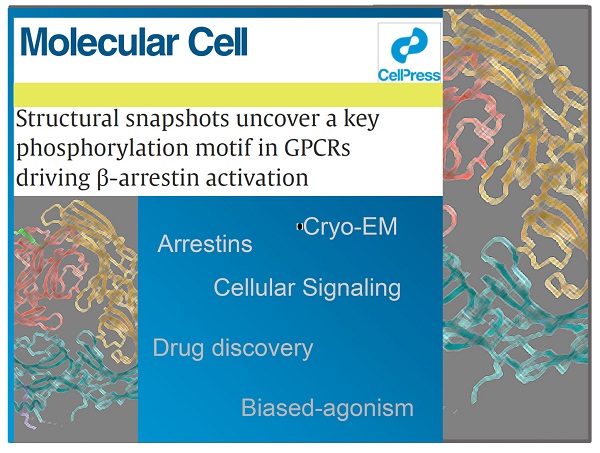
How diverse phosphorylation patterns in GPCRs influence recruitment, activation, & functional outcomes of its interacting partners is key to a comprehensive understanding of GPCR Biology. Prof. Arun Shukla & team, in a seminal study, using Cryo-EM have identified a novel motif in GPCRs that is critical for interaction and activation of its key molecular partner, the beta-Arrestins. The study paves way for design of novel intervention strategies targeting GPCR signalings.
https://pubmed.ncbi.nlm.nih.gov/37209686/
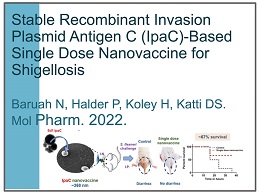
Stable Recombinant Invasion Plasmid Antigen C (IpaC)-Based Single Dose Nanovaccine for Shigellosis. Baruah N, Halder P, Koley H, Katti DS. Mol Pharm. 2022.
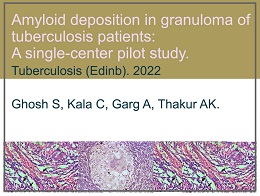
Amyloid deposition in granuloma of tuberculosis patients: A single-center pilot study. Ghosh S, Kala C, Garg A, Thakur AK. Tuberculosis (Edinb). 2022 Sep;136:102249.
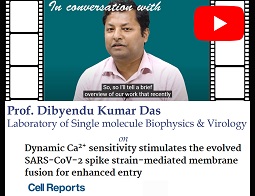
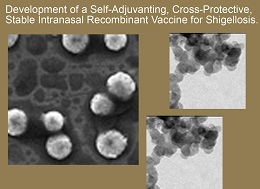
Development of a Self-Adjuvanting, Cross-Protective, Stable Intranasal Recombinant Vaccine for Shigellosis.
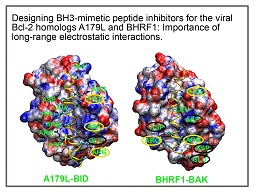
Designing BH3-mimetic peptide inhibitors for the viral Bcl-2 homologs A179L and BHRF1: Importance of long-range electrostatic interactions.
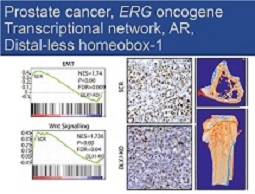
Transcriptional network involving ERG and AR orchestrates Distal-less homeobox-1 mediated prostate cancer progression.
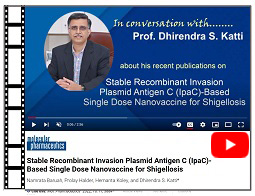
Stable Recombinant Invasion Plasmid ANtigen C (IpaC)-Based Single Dose Nanovaccine for Shigellosis
https://www.youtube.com/watch?v=aQfEsvp2ufE
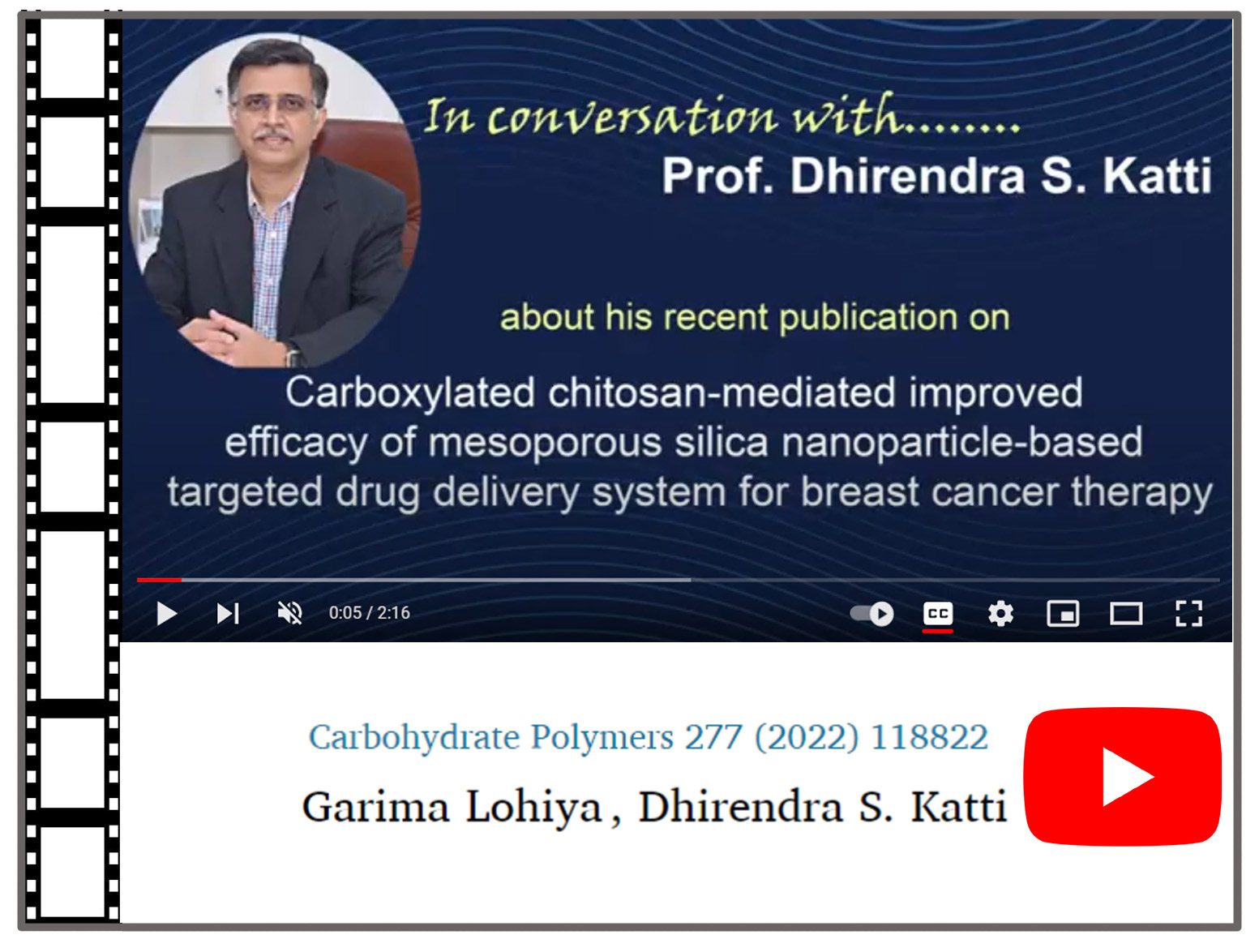
Carboxylated chitosan-mediated improved efficacy of mesoporous silica nanoparticle-based targeted...
https://www.youtube.com/watch?v=BxcsTRP-SX0
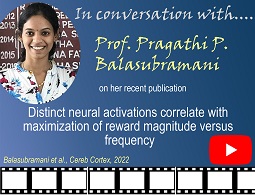
Distinct neural activations correlate with maximization of reward magnitude versus frequency
https://www.youtube.com/watch?v=f4WrW_xQX90

